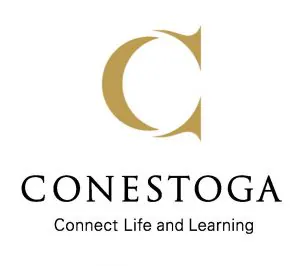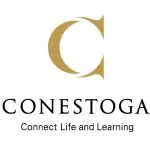Ready to learn more?
Next Cohort: Sep 2-Sep 2
By submitting your email address, you acknowledge and agree to CourseCompare.ca's Terms of Service and Privacy Policy.
Duration
4 years
Tuition
$26,460
Kitchener-Waterloo
Sep 2-Sep 2
Commitment
Full-Time
Delivery
Classroom
Credential
Degree
Year Founded
1967
Scholarships
yes
The Bachelor of Early Learning Program Development is a four-year, paid co-op degree program, delivered at the honours level, that will provide students with an applied understanding of developing early learning programs at the classroom and community levels.
The program will prepare graduates for a number of progressive careers that support children, youth and families in the areas of curriculum implementation and co-ordination, program development and co-ordination, and social policy work. With a focus on preparing reflective professionals, the program will offer students opportunities to develop strong critical thinking and professional communication skills that will enable them to work successfully in an inter-professional team. Program design, implementation and evaluation will be considered within a framework of research-informed practice, population focus, and social inclusion.
Throughout the program, students will experience authentic, situational learning opportunities that highlight the links between theory and practice in engaging and meaningful ways. They will be challenged to consider multiple theoretical perspectives as a lens to understanding social policy and determining promising professional practices that shape social and educational programs.
What You’ll Learn
- Design population-based practices that are conducive to the creation and sustainability of healthy communities, at the individual and group level.
- Use evidence to inform and propose changes to early learning programs in classrooms and communities
- Select and use current, appropriate technologies and resources to facilitate early learning classroom and community program development
- Assess and document (human) development, growth, and change from multiple perspectives.
- Display professional commitments to ethical practice in working with children, families and community populations, based on critical evaluation of issues related to human and children’s rights, inclusion, diversity, equity, and social justice and their interrelationship.
- Incorporate relevant research and theory in the formation and implementation of programs, policies and practices.
- Evaluate effective engagement and information sharing techniques through collaborative, inter-professional population-focused practice.
- Use effective critical thinking and problem-solving skills to support professional decisions.
- Demonstrate self-awareness and interpersonal communication skills by evaluating personal attitudes, knowledge, and performance.
- Interpret roles and responsibilities of government (e.g. social policy, funding, and legislation) in early learning classrooms and community programs.
- Analyze theories and historical trends in population-focused developmental health.
- Create approaches and programs that are culturally sensitive, and developmentally responsive.
- Critically assess the contributions of the arts, humanities, social sciences and mathematics to the development of professional and personal conditions.
Ready to get started?
Next Cohort: Sep 2-Sep 2
By submitting your email address, you acknowledge and agree to CourseCompare.ca's Terms of Service and Privacy Policy.
Student Reviews (28)
The program is thoughtfully designed with a clear, big-picture approach. Its structure and course progression create a natural flow, making it easier for students to connect concepts across subjects—from Professional Orientation to Patient Management...
I love the institution! Very organized, nice and brilliant professors, state of the art facilities and more!


